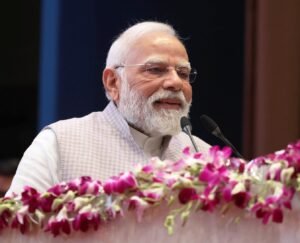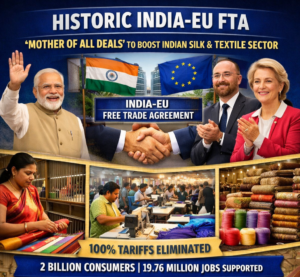Cabinet allows inclusion of merchant exporters under Interest Equalisation Scheme (1ES) for Pre and Post Shipment Rupee Export Credit
The proposal will entail benefits of around Rs 600 crore to exporters on interest equalisation, for the remaining period of the scheme.
Inclusion of merchant exporters in the scheme is expected to make them more competitive, encouraging them to exports more products manufactured by MSMEs adding to country’s exports. Additional exports by them will increase production by MSME giving a fillip to employment generation as MSME are generally in the employment intensive sectors.
The present scheme, which is in-force from 1.4.2015 for five years, provides interest equalization rate of 3% on Pre and Post Shipment Rupee Credit tor all manufacturing exporters exporting identified 416 four digit tariff lines and 5% on all merchandise products manufactured and exported by MSMEs. Merchant exporters were hitherto not covered under the scheme.
Exporting community has been persistently demanding inclusion of the merchant exporters also in the ongoing scheme. Merchant exporters play an important role in finding overseas markets, getting export orders, communicating to MSME manufacturers the current preferences, trends and demand for products in international export markets. Merchant exporters also play a pivotal role in exports of MSME manufacturers as MSME manufacturers export significant quantity of products through merchant exporters. High cost of credit equally impact their competitiveness also as they factor the high interest costs in their export costing





